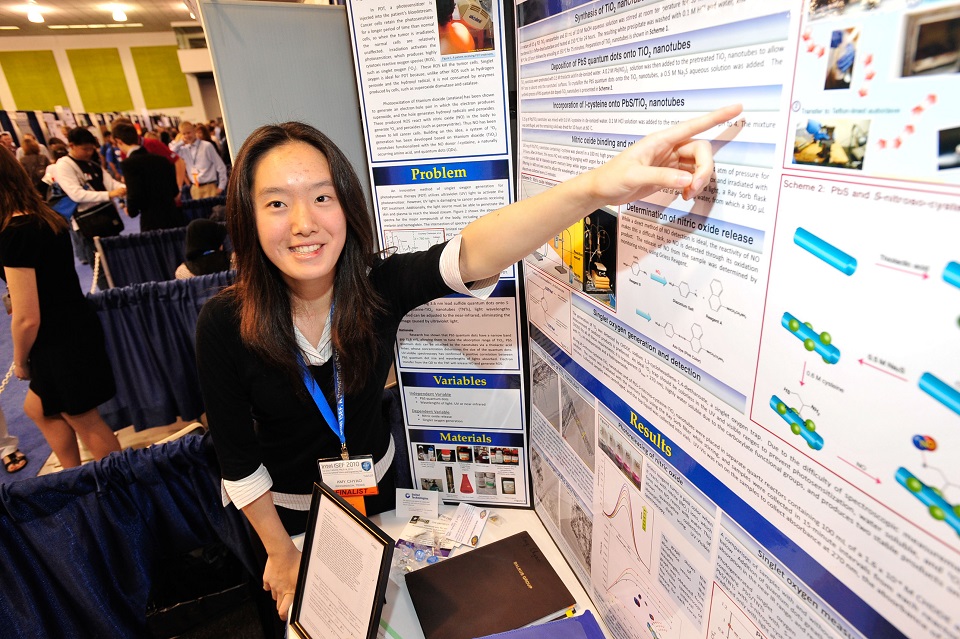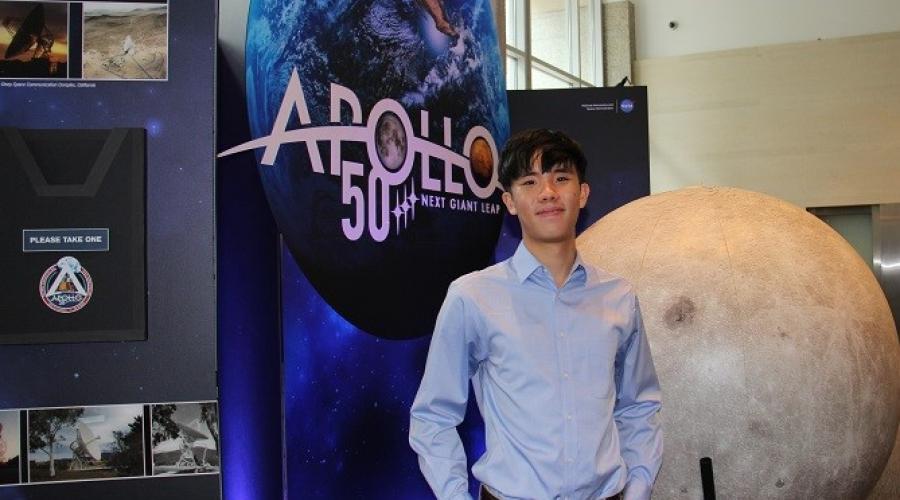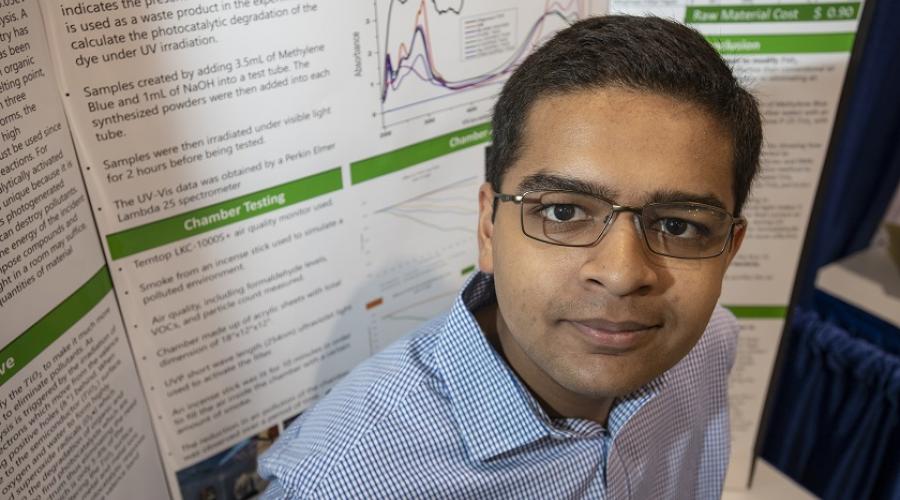Aloca Foundation Focuses on Sustainability at Intel ISEF 2012
Alcoa Foundation is one of the largest corporate foundations in the U.S. Founded more than 50 years ago, Alcoa Foundation has invested more than $550 million since 1952. The Alcoa Foundation sponsored awards at the Intel International Science and Engineering Fair 2012 (Intel ISEF) held this May for the first time. Answers were provided by Shannon Parks, Section Head, Environmental Science and Sustainable Technology and Member of the Alcoa Foundation Board of Directors.
Can you tell us about your organization and why scientific research is important to it?
Alcoa is the world’s leading integrated aluminum company, with 61,000 employees across 31 countries. Since inventing the modern-day aluminum industry more than 120 years ago, Alcoa innovation has been behind major milestones in the aerospace, automotive, packaging, building and construction, commercial transportation, consumer electronics, and industrial markets. Aluminum is infinitely recyclable and 75% of all aluminum ever produced is still in use today. Alcoa and Alcoa Foundation seek to promote environmental stewardship, prepare tomorrow’s leaders, and enable economic and social sustainability.
What awards did you offer at this year’s Intel ISEF?
Alcoa Foundation offered 2 awards at the 2012 Intel ISEF:
Sustainable Water Management: Water is an important raw material for Alcoa, with the major uses occurring in our refining and ingot-casting processes. Across our operations, we work to ensure water efficiency but place an even greater focus on conservation in regions where water availability is most sensitive. Awards were offered for projects that best demonstrate innovative, sustainable water management.
Sustainable Material Use: Alcoa is aware of the importance of materials flow throughout the economies of the world, and we recognize the need to make efficient use of all raw materials and natural assets. Awards were offered for projects that best demonstrate innovative, sustainable material use.
Recent Winners:
Winners of the 2012 awards included William Xu from Princeton, New Jersey for “Creating and Optimizing Porous MOFs for the Capture of Carbon Dioxide from Flue Gas Mixtures;” Polina Kovalenko from Dnipropetrovsk, Ukraine for “Smart Windows: New Template Synthesis of Thin Nickel Hydroxide Film for Electrochromic Devices;” Asuwie Serrano and Jennifer Colon from Barranquitas, Puerto Rico for “ Volcano of Energy;” Avishai Ketko and Maya Braun from Netanya, Israel for “SOWP-DTS Solar Water Purification Using Drop Technology System;” Alyson Roth and Emily Mudder from Avon, South Dakota for “Using Colorimetry to Monitor Nickel Contamination of Water;” and Nerya Stroh and Gal Oren from Jersulem, Israel for “Antileaks: A Device for Detection and Discontinuation of Leakages in Domestic Water Supply Systems.”
Why do you think it’s important for students to participate in events such as the Intel ISEF?
Scientific education and research enable society to continue to improve both our standard of living and ensure that we provide a livable world for future generations. Scientific education ensures that Alcoa’s future innovators and work force are well equipped to solve our puzzles of tomorrow. Events such as the Intel ISEF not only educate and reward young scientists and engineers but also inspire those of us that volunteer and judge by reminding us why we chose a scientific profession.
What impact do you think you, as an organization that provides awards and as judges, have on students interested in scientific research?
We hope that by providing awards and judges we can help to motivate and encourage students to stay in science, technology, engineering, and math related fields. We also hope to be able to give students a glimpse of the impact that studying these fields can have on the world and give them ideas of career possibilities.
What are the elements of a good science fair project? What areas of science does your organization focus on?
A good science fair project should be innovative, clearly communicated so that it is understood, and valuable to society. When selecting winners, Alcoa focuses on materials, environmental, mechanical, and chemical sciences and engineering.
Do you have any advice for young students interested in pursuing science?
Science fairs are a wonderful way to learn more about science and career possibilities. Students should take advantage of opportunities such as participating in science fairs and career shadowing. Scientists love to share what they do and are always willing to show it to students. Curiosity should be rewarded as it usually develops into innovation.


